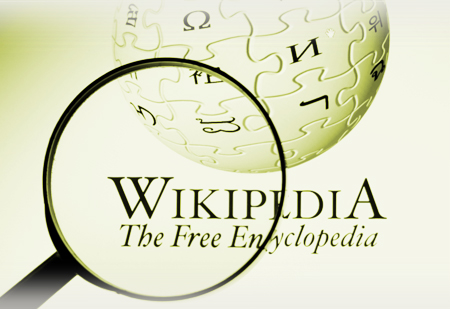
Earlier this month Pulitzer Prize-winning novelist Philip Roth published an unusual article on The New Yorker’s Page-Turner blog: “An Open Letter to Wikipedia.”
Dismayed by the online encyclopedia’s refusal to remove a “serious misstatement” suggesting that fellow novelist Anatole Broyard may have been the inspiration for his novel The Human Stain, Roth’s letter explained in detail how his friend Melvin Tumin was the actual inspiration. On the surface Roth appears simply to be correcting that misperception, but a closer look at the situation highlights Wikipedia’s distinct approach to reputation and authority—along with a few mistakes commonly made in attempts to manage an online reputation.
A simple mistake
Following the novel’s publication in 2000, critics at numerous respected publications pointed out similarities between The Human Stain’s protagonist and Broyard. “It was such a widely held notion, the Broyard connection was incorporated into the Wikipedia article on The Human Stain,” Andrew Lih writes in The Online Journalism Review. Lih notes that Roth denied the connection in a 2008 interview but wasn’t aware that the comparison was mentioned on Wikipedia until earlier this year. With help from his new biographer Blake Bailey, Roth tried to remove the reference, but Wikipedia’s editors rejected those attempts. “I understand your point that the author is the greatest authority on their own work,” a Wikipedia administrator told Roth, “but we require secondary sources.”
Roth addressed that point directly—by publishing a letter about his inspiration for the book in The New Yorker. With the issue went live, he had the secondary source Wikipedia required and he inserted his account into The Human Stain’s entry—though his perspective went alongside rather than in place of the comparison he originally sought to erase. One can understand how Roth might view his actions as absurdly unnecessary, but according to Lih this incident demonstrates “a fundamental working process of Wikipedia, which depends on reliable (secondary) sources to vet and vouch for the information.”
Cory Doctorow delves further into that process in The Guardian, examining how Wikipedia necessarily employs a vastly different system than that of a traditional encyclopedia, including the “outsourcing” of authority to what its editors can agree are “reliable sources.” “It’s not perverse for Wikipedia to insist that authors must publish essays in reputable forums if they want to correct the record on their own work,” Doctorow writes. “It’s the only way a system like Wikipedia can work.”
Though not all subjects of Wikipedia have access to public platforms like The New Yorker to use to make corrections to what they view as erroneous entries, it is safe to say that Roth is not alone in experiencing acute – and understandable – frustration in trying to set things straight. His saga has not stopped there, but has continued to play out online. (We will not go into the exhaustive details here.)
For more insight into Wikipedia’s stringent rules, our posts to using Wikipedia as a reputation management tool are a useful resource.


